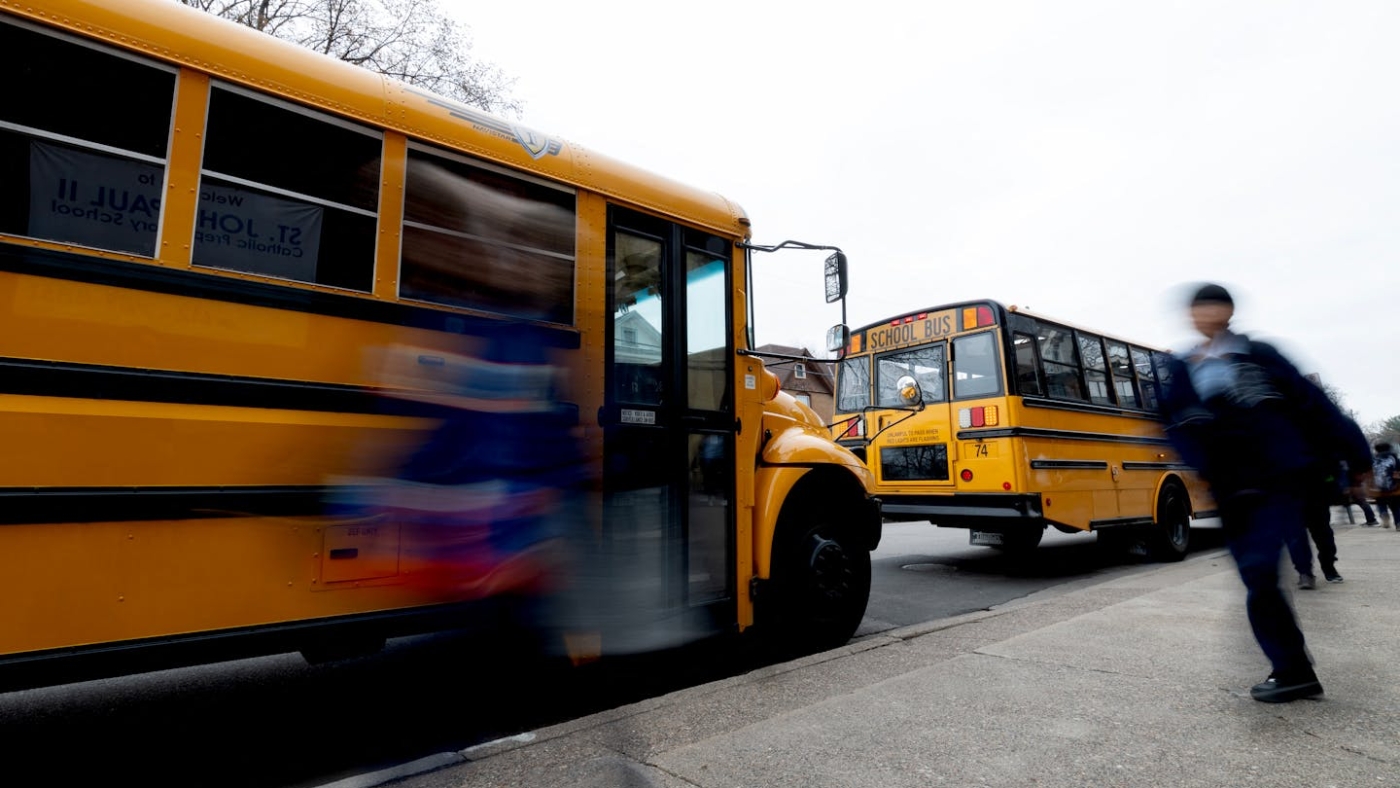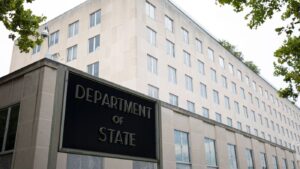The Education Department’s Latest Directive Causes Confusion and Controversy
Amidst the routine renewal of federal funding for school systems, a new directive from the U.S. Department of Education has stirred uncertainty among state and local education leaders. The recent memo requires schools to reaffirm their commitment to civil rights compliance, a move that has left many educators questioning the necessity of reiterating what they already practice.
Every year, educational leaders must certify their adherence to federal regulations, including civil rights laws, to secure federal funding. However, a new memo issued on April 3 from the U.S. Department of Education has prompted schools to re-certify their compliance with these laws, implying potential loss of federal funds for non-compliance. This request has left school leaders puzzled, as the recertification had already been completed earlier in the school year. “The confusion is this has never happened before. We already don’t allow discrimination,” stated David Law, the incoming president of The School Superintendents Association and superintendent of Minnetonka Public Schools in Minnesota. “Why would we certify if we’re already making sure that we comply?”
Understanding the Directive
The Trump administration’s latest directive asks K-12 school leaders to reaffirm their commitment to Title VI of the Civil Rights Act, which prohibits race-based discrimination in federally funded programs. This requirement is part of a larger federal push against diversity, equity, and inclusion (DEI) programs, which the memo suggests may violate civil rights laws. Despite this stance, the memo does not provide a clear definition of what constitutes a violation under DEI programs.
David Law expressed the ambiguity surrounding DEI, saying, “DEI is so ambiguous that I could talk to four people in our community, and they would all define it differently.” The Education Department has not clarified the specifics of what breaches the law or how it intends to enforce the directive.
Responses from states have varied, reflecting the lack of clarity and consensus on DEI issues. For instance, Pennsylvania’s Acting Secretary of Education, Carrie Rowe, assured schools that the federal letter lacked specifics on “illegal DEI” practices, while Arizona’s State Superintendent, Tom Horne, supported the administration’s interpretation and urged schools to avoid concepts like Critical Race Theory.
State Reactions to Federal Demands
New York was the first state to publicly oppose the directive, questioning the federal government’s authority to impose such requirements. Following New York’s lead, states like Minnesota, Illinois, and Wisconsin also pushed back against the directive, with Wisconsin’s Department of Public Instruction calling the request “redundant” and potentially “unlawful and unconstitutionally vague.”
Meanwhile, states like Vermont have opted to submit a single certification for all school districts, while New Hampshire and Idaho have instructed individual schools to comply, with New Hampshire tracking compliance publicly. This tracking has earned praise from U.S. Education Secretary Linda McMahon.
Some states, such as Nevada, are still considering their approach to the directive. David Law noted that the recent slew of federal orders has prompted a more measured response among school leaders, reducing knee-jerk reactions.
Legal Questions and Concerns Over Federal Orders
Legal experts have raised questions about the enforceability of the Education Department’s demands. Julie Underwood, a civil rights and education law expert, remarked, “I have never seen anything like it during my 40 years of work in this field.” Typically, due process would allow districts or states to contest civil rights law violations before facing penalties.
States like New York and Washington have challenged the directive, questioning the federal authority to alter funding conditions without a formal administrative process. Craig Trainor from the U.S. Education Department maintained that accepting federal funds obligates compliance with antidiscrimination requirements.
Amid the ongoing controversy, the threat of investigations into DEI practices has reportedly created a “chilling effect” in classrooms, with teachers feeling monitored about their teaching content.
Impact on School Administration
Recent directives from the Education Department, including the establishment of an “End DEI” portal, have added to the workload of school administrators already busy with budget and staffing planning. David Law expressed concern that the administration’s demands are distracting from educators’ primary work, emphasizing the shared goal of fostering engagement and belonging for all students.






